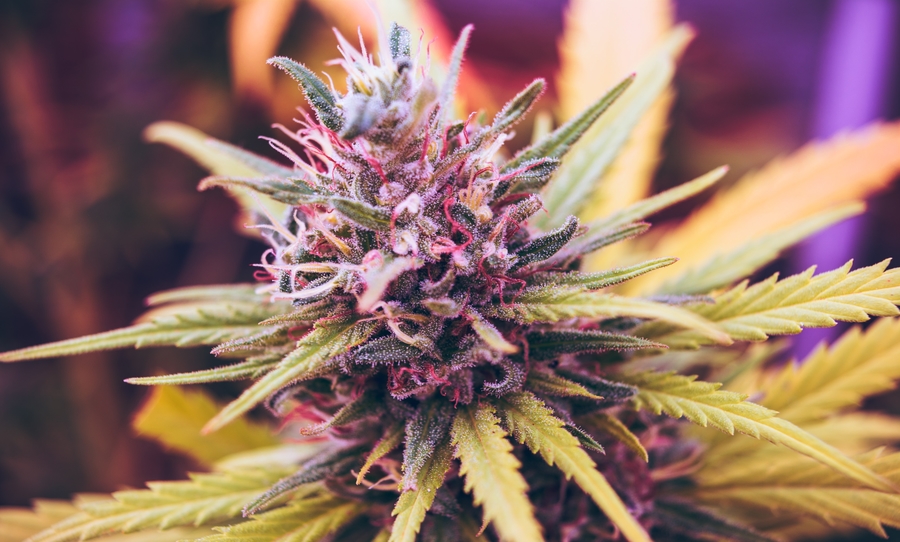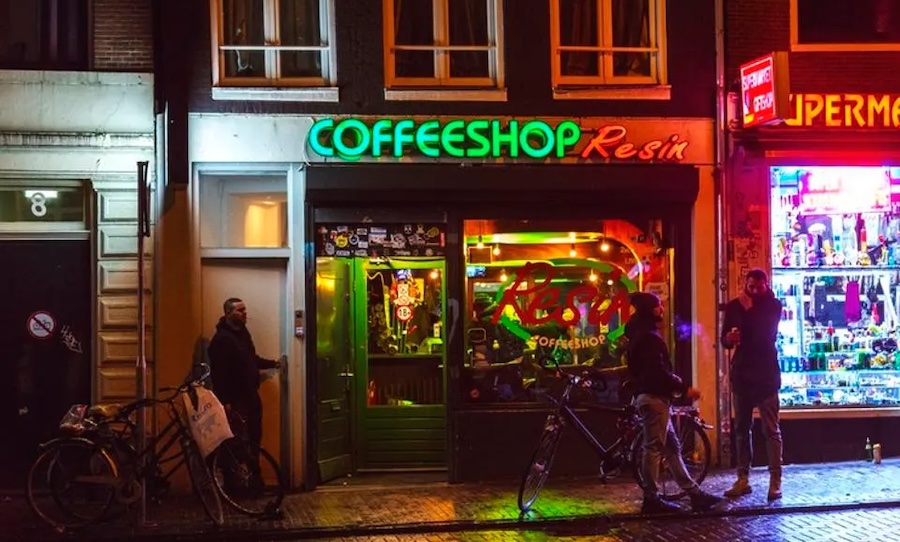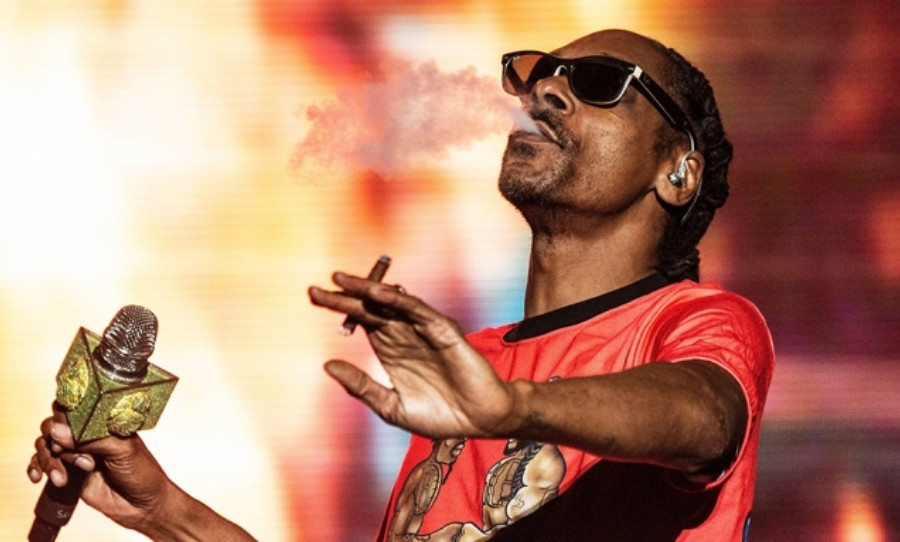It’s hard to say the precise moment when CBD, the voguish cannabis derivative, moved from suburban stoners’ bedrooms to the ‘new avocado toast’.
No matter how, the weed industry is now flourishing, projected to hit more than AU $2 billion a year in Australia by 2023, according to the Parliamentary Budget Office. Way more if we believe the UK-based think-tank Prohibition Partners’ new report, estimating the market to be worth as much as US $8 billion by 2028, including the recreational market. Already, cannabis is being added to salads, bath bombs and kombucha, since Australia legalised its industrial use country-wide in 2017, permitting sale of low-psychoactive hemp seed as food.

The Aussie industry may be slowly waking up, but we’re not Canada just yet.
While only a handful of countries have legalised recreational cannabis on a federal scale — most notably in Uruguay and Canada — there is a general sentiment that Oceania is in the middle of a social milestone. New Zealand will hold a referendum in 2020 and, this year, Canberra turned into the weed capital of Australia, becoming the first territory to legalise the possession and small scale cultivation of cannabis. And that’s freaking attractive to investors.
On the hundreds of pages of Prohibition Partners’ report, Australia appears everywhere. The research points out that Australia’s Office of Drug Control (ODC) received 246 licence applications, and granted 63 licences (24 medicinal cannabis licences, 16 cannabis research licences and 23 manufacture licences) by the end of June 2019. According to the ODC’s website, this was much higher than anticipated. Here are the most promising segments.
Food
With its proponents claiming that CDB treats pretty much everything (chronic pain, acne, anxiety, insomnia, depression, post-traumatic stress and even cancer), cannabis-infused products are everywhere. Having reviewed consumption and consumer trends in the world’s markets, Prohibition Partners estimates the value of the global market for solid cannabis edibles at around US$1.2 billion in 2019 and forecasts sales to reach around US$4.7 billion by 2024. Australia is the third-biggest producer of cannabis-infused food with already 172 trademarks in 2019, like Cann Global and its VitaHemp superfood range.
Drinks
The cannabis-infused drinks market grows even quicker, with investment by major brewers, and innovation from start-ups, like +hemp, Australia’s first hemp water (completely useless and provides no other benefit than the regular hydrating effect of plain water). Australia is also the third-biggest producer of cannabis-infused drinks with 78 trademarks. Have you tried Young Henrys’ cannabis beer yet?
Personal care
Even the bathroom is not safe from the CBD invasion. Prohibition Partners found 84 brands offering cannabis-infused make-up, skincare or lubricant in Australia.
Tobacco
The declining consumption of tobacco products globally has prompted many multinational tobacco producers to venture into the cannabis arena. Australia counts 341 cannabis-infused tobacco trademarks, just behind Canada and the US. It’s quite a lot, but the number should decrease since health investigators are warning people to stop vaping cannabis after cases of severe lung illness rising.
Pharmaceutical
The only cannabis product registered as a medicine and marketed in Australia is nabiximols oromucosal spray (Sativex). So for now, the medical cannabis market is quite small, representing only US$ 12.56 million, according to Prohibition Partners. But it has potential to be a billion-dollar (actually, a two-billion-dollar) industry by 2028, as Aussie and US companies hunt for weed farm locations, such as the Sydney startup Greenfield MC, importer, distributor and soon grower of medicinal cannabis. Still, 329 pharmaceutical cannabis trademarks are lodged in Australia, followed by New-Zealand, Germany and Mexico.


